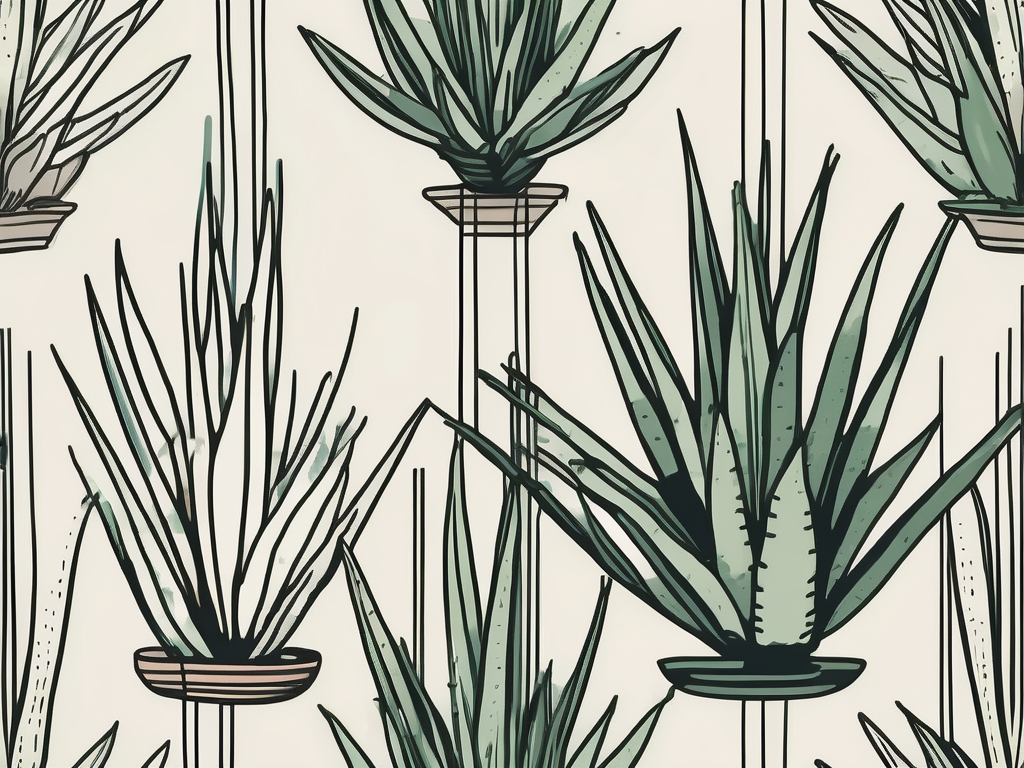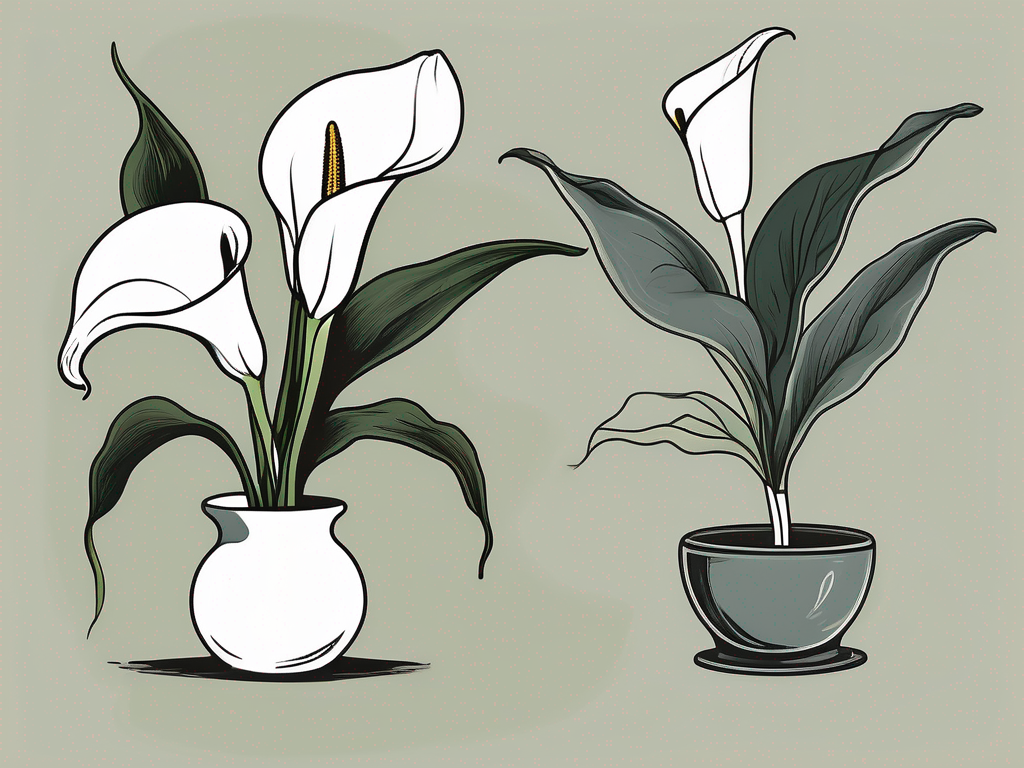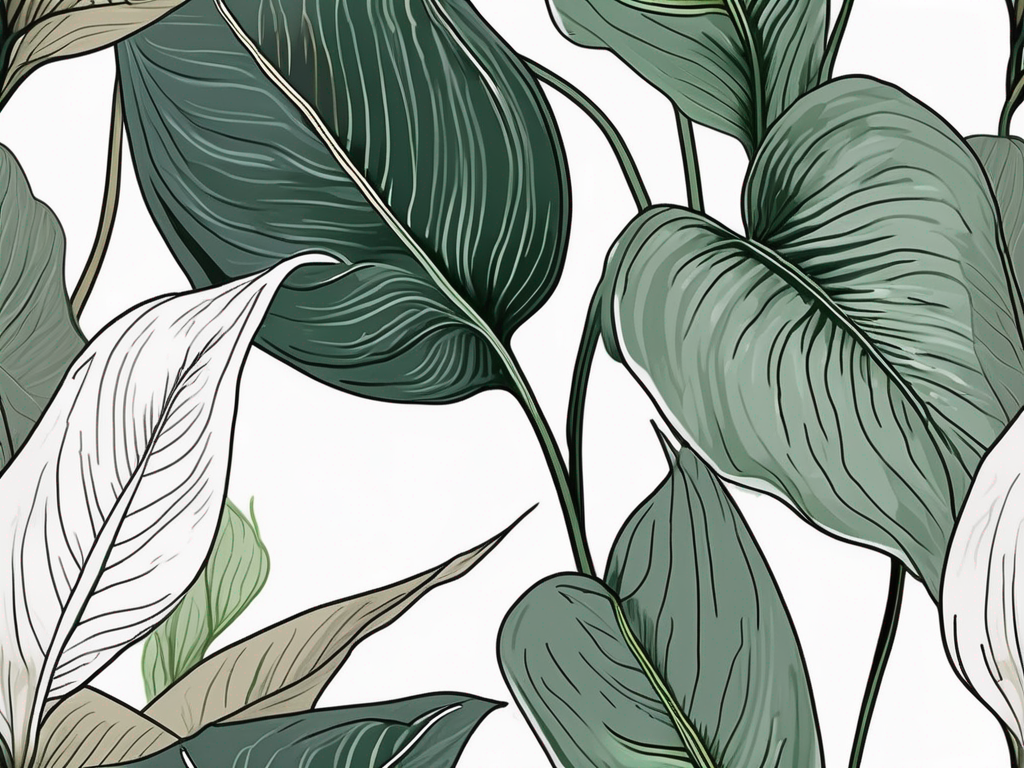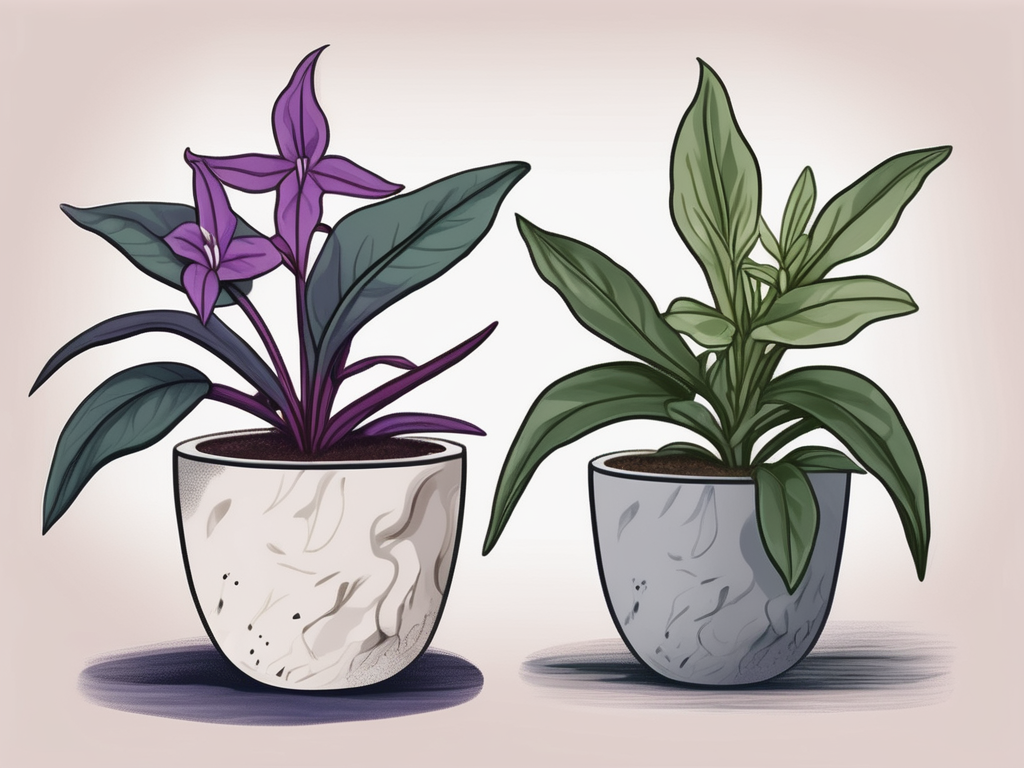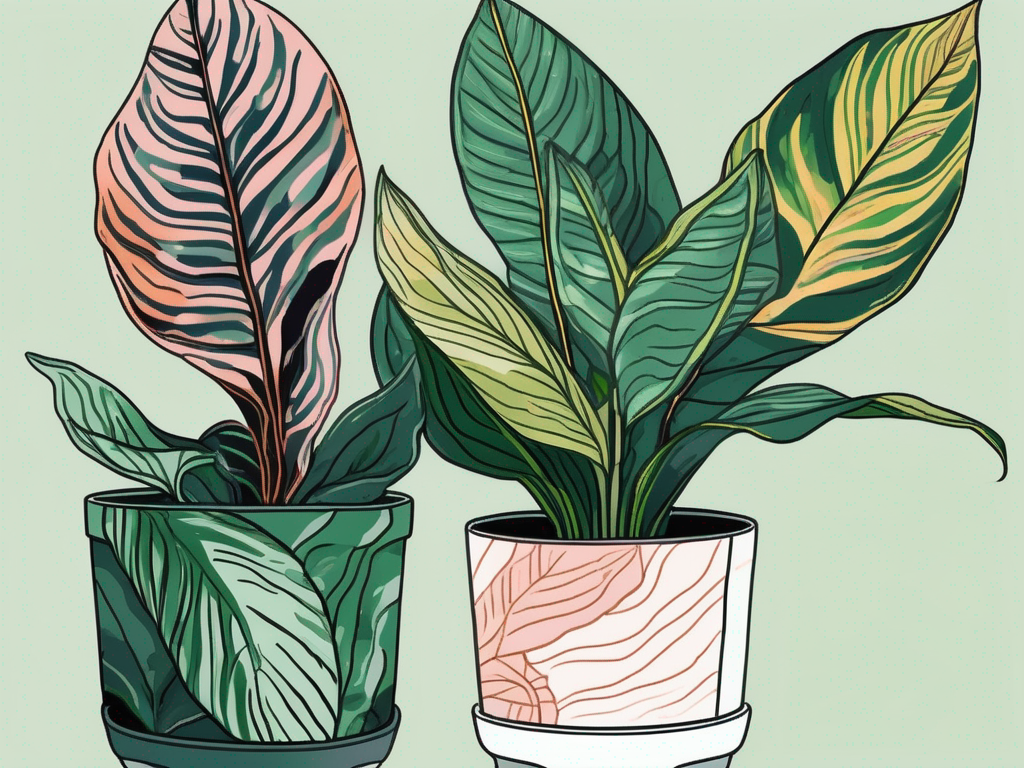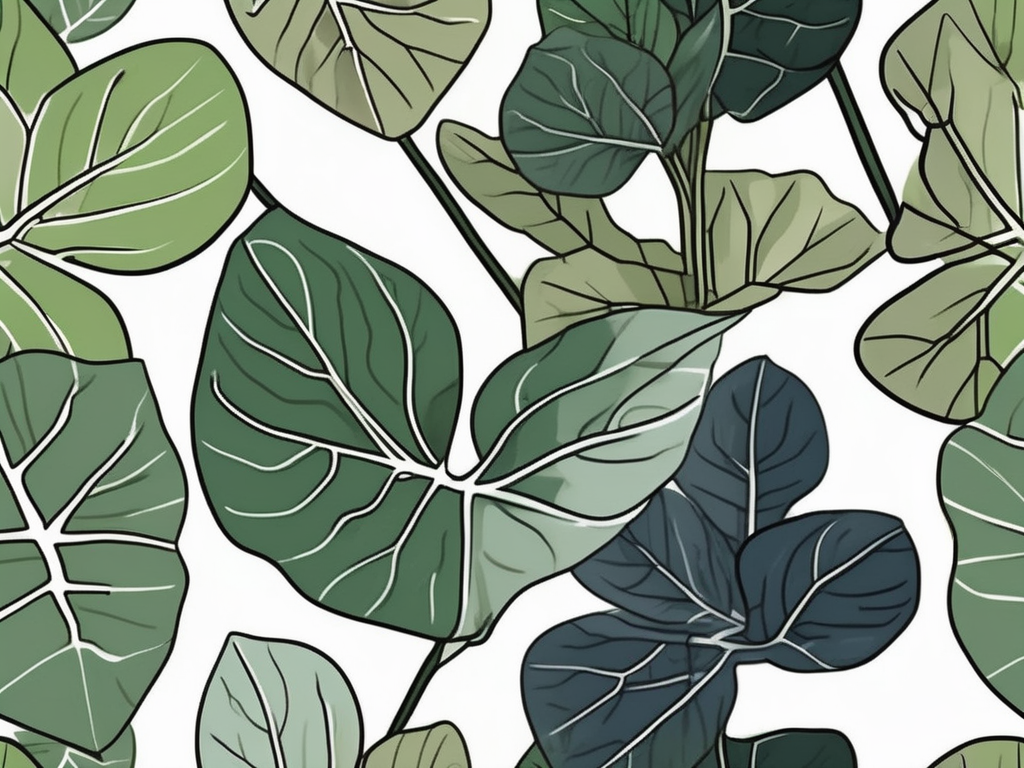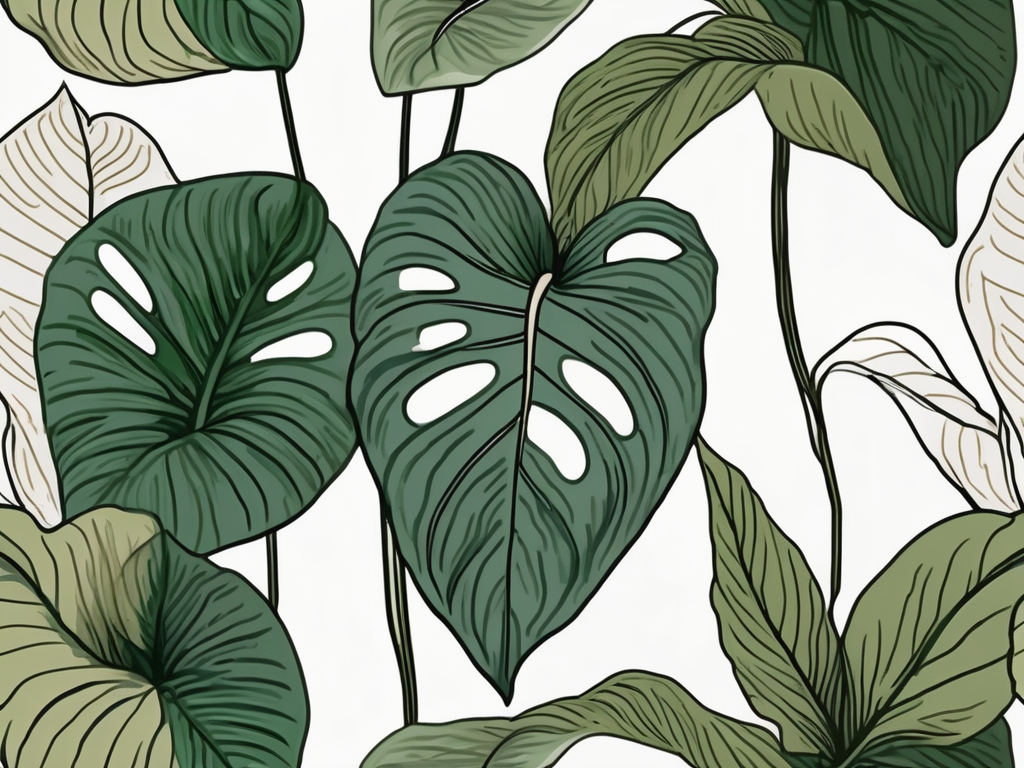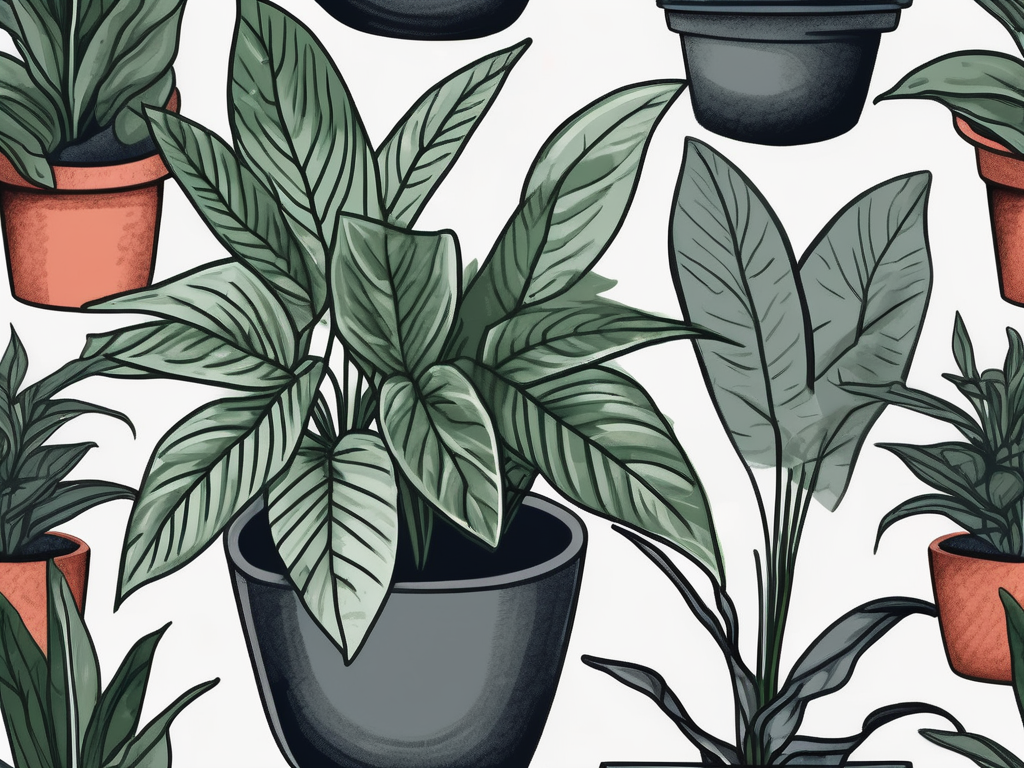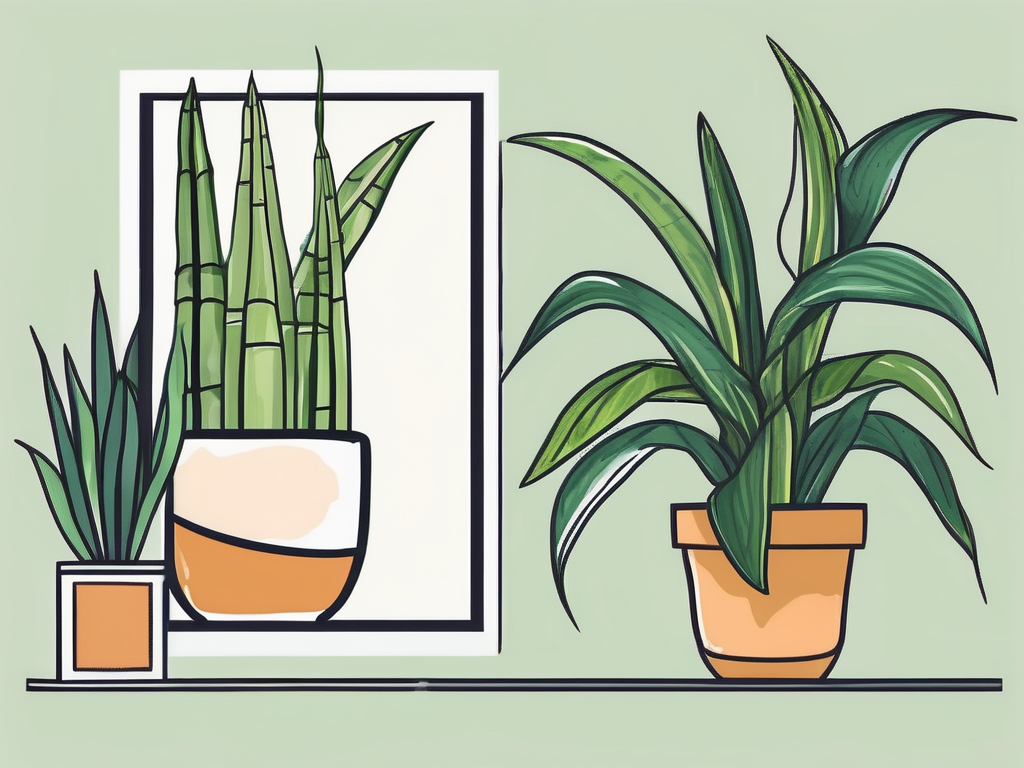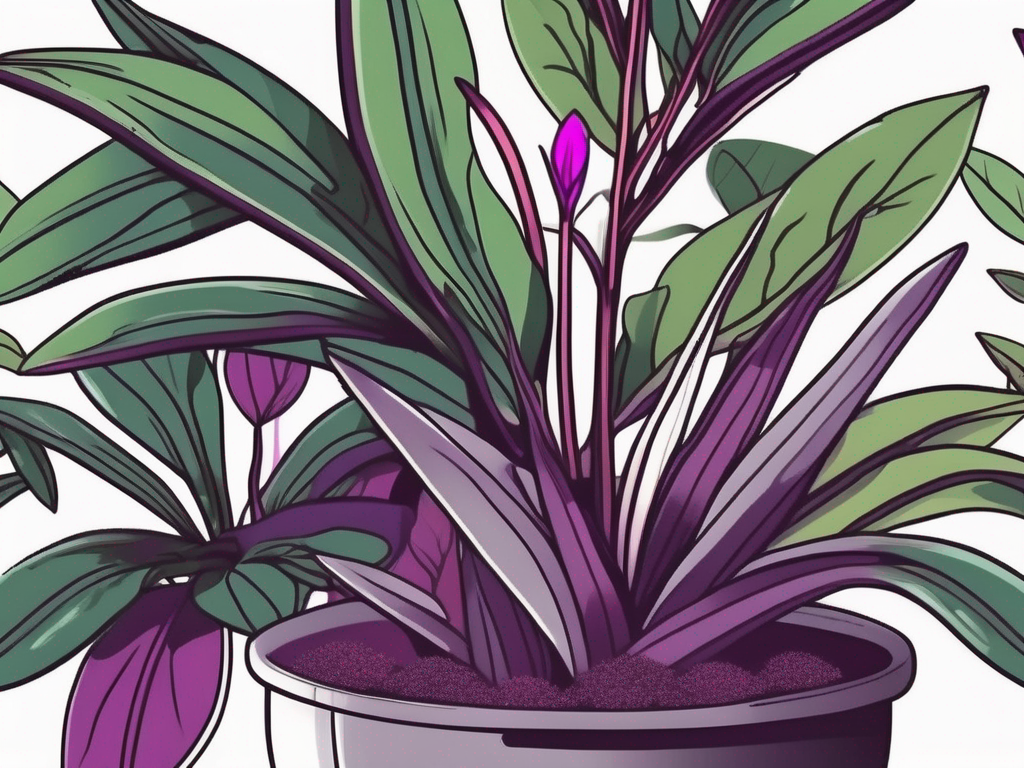
Wandering Jew plants, with their vibrant leaves and easy-going nature, are a popular choice for plant lovers everywhere. But let's face it, even the most low-maintenance plants need a little boost now and then. That’s where the right fertilizer comes in. Choosing the best fertilizer can make a world of difference in ensuring your Wandering Jew remains healthy and flourishing.
In this article, we'll explore everything you need to know about fertilizing your Wandering Jew. From understanding the plant's nutritional needs to selecting the right type of fertilizer, and even how to apply it, we've got you covered. So, grab your gardening gloves, and let's get started on giving your plant the care it deserves!
Understanding the Nutritional Needs of Wandering Jew
Before diving into the world of fertilizers, it's essential to understand what your Wandering Jew needs to thrive. Like all plants, it requires a balance of nutrients to grow and maintain its vibrant colors. But what exactly does that mean?
The primary nutrients your Wandering Jew needs are nitrogen, phosphorus, and potassium—often referred to as N-P-K. Each of these nutrients plays a crucial role in the plant’s health:
- Nitrogen (N): Responsible for leaf growth and vibrant green color, which is particularly important for the Wandering Jew's beautiful foliage.
- Phosphorus (P): Helps in root development and flower production. Although Wandering Jew plants are grown mainly for their foliage, flowers can add an extra touch of beauty.
- Potassium (K): Aids in overall plant health, improving disease resistance and tolerance to stress conditions.
Beyond these, micronutrients like calcium, magnesium, and iron also play supporting roles in the plant's health. While not needed in large quantities, they are still essential for preventing deficiencies and promoting optimal growth.
Choosing the Right Fertilizer
Now that we know what nutrients are vital, how do we choose the right fertilizer? The market offers a plethora of options, but not all are created equal. Here are some factors to consider:
1. Balanced Fertilizers
For most plant people, a balanced fertilizer with an equal ratio of N-P-K is a safe bet. This ensures your plant receives an evenly distributed supply of nutrients. A 10-10-10 or 20-20-20 fertilizer is often recommended for Wandering Jew plants.
2. Liquid vs. Granular Fertilizers
- Liquid Fertilizers: These are easy to apply and can be quickly absorbed by the plant. They are ideal for houseplants, as they provide a uniform distribution of nutrients.
- Granular Fertilizers: These are slow-release and can be mixed into the soil. They are convenient for those who prefer less frequent applications.
Deciding between liquid and granular fertilizers depends on your personal preference and how often you want to fertilize your plant.
3. Organic vs. Synthetic Fertilizers
- Organic Fertilizers: Made from natural sources, they are environmentally friendly and improve soil health over time. They may release nutrients more slowly, which can be beneficial for steady growth.
- Synthetic Fertilizers: These are chemically formulated and provide nutrients in a readily available form. They often act faster but don't contribute to soil health in the long run.
Both types have their pros and cons, so consider your plant's needs and your environmental preferences when making a choice.
When to Fertilize Your Wandering Jew
Timing is everything when it comes to fertilizing your Wandering Jew. Applying fertilizer at the right time ensures that your plant gets the nutrients it needs when it needs them most.
The growing season, typically spring and summer, is the best time to fertilize. Your plant is actively growing during this period, so it can make full use of the nutrients. Fertilize every 4-6 weeks during these months.
During fall and winter, when growth slows down, reduce the frequency to once every 8-10 weeks or stop altogether. Over-fertilizing during the dormant period can lead to salt build-up in the soil, which may harm the plant.
How to Apply Fertilizer
Applying fertilizer correctly is just as important as choosing the right one. Here’s a simple step-by-step guide to ensure you're feeding your plant just right:
- Read the Labels: Always follow the instructions on the fertilizer package. Over-fertilizing can cause more harm than good.
- Measure Carefully: Use a measuring spoon or cup to ensure you're applying the correct amount. Accuracy prevents nutrient burn.
- Water First: If the soil is dry, water your plant before applying fertilizer. This helps prevent root burn.
- Apply Evenly: Distribute the fertilizer evenly around the base of the plant. Avoid direct contact with leaves to prevent burning.
- Follow Up: Water the plant after fertilizing to help distribute the nutrients throughout the soil.
Remember, more is not always better when it comes to fertilizing. Stick to the recommended amounts and frequency to keep your Wandering Jew happy and healthy.
Signs of Nutrient Deficiency
Even with regular fertilization, your Wandering Jew might show signs of nutrient deficiency. It's essential to recognize these signs early and address the issue promptly:
- Yellowing Leaves: Often a sign of nitrogen deficiency. Consider increasing your nitrogen input slightly.
- Poor Growth: If new growth is slow or stunted, it might indicate a lack of phosphorus.
- Weak Stems: This could be due to a potassium deficiency, which affects overall plant strength.
- Leaf Discoloration: Spots or unusual colors on leaves can suggest a lack of micronutrients such as iron or magnesium.
If you notice any of these signs, adjust your fertilization routine accordingly and consider using a fertilizer with micronutrients to address the deficiencies.
Common Fertilization Mistakes
Even the most experienced plant parents can make mistakes when it comes to fertilization. Here are some common pitfalls and how to avoid them:
1. Over-Fertilizing
It's tempting to think that more fertilizer equals faster growth, but that's not the case. Over-fertilizing can lead to nutrient burn, where the plant's roots are damaged by the excess salts.
2. Inconsistent Fertilization
Skipping a schedule or changing fertilizers frequently can confuse the plant. Stick to a consistent routine, using the same type of fertilizer, to keep your plant stable and healthy.
3. Ignoring Soil Health
Fertilizers are not a substitute for good-quality soil. Ensure your plant is in a well-draining potting mix that supports healthy root growth and allows for proper nutrient uptake.
By avoiding these mistakes, you'll create a nurturing environment for your Wandering Jew to thrive.
DIY Fertilizer Options
If you're a fan of DIY solutions and want to try your hand at homemade fertilizers, there are some simple options that can provide great results. Here are a couple of easy, homemade fertilizers you can try:
1. Compost Tea
Rich in nutrients, compost tea is a fantastic organic option for feeding your Wandering Jew. Simply soak a small bag of compost in water for a few days, and use the liquid to water your plant.
2. Banana Peel Fertilizer
Banana peels are rich in potassium. Chop them up and bury them in the soil or blend them with water to create a natural fertilizer.
These DIY options not only save money but also allow you to recycle kitchen waste, making it an eco-friendly choice.
Conclusion
In summary, choosing the best fertilizer for your Wandering Jew involves understanding its nutritional needs, selecting the right product, and applying it correctly. This attention to detail will help keep your plant healthy and vibrant.
At Cafe Planta, we're passionate about helping you care for your plants. Whether you have questions or need advice, feel free to email us or reach out on Instagram. We're here to support your plant journey and help you create a thriving, beautiful space filled with nature's wonders.

